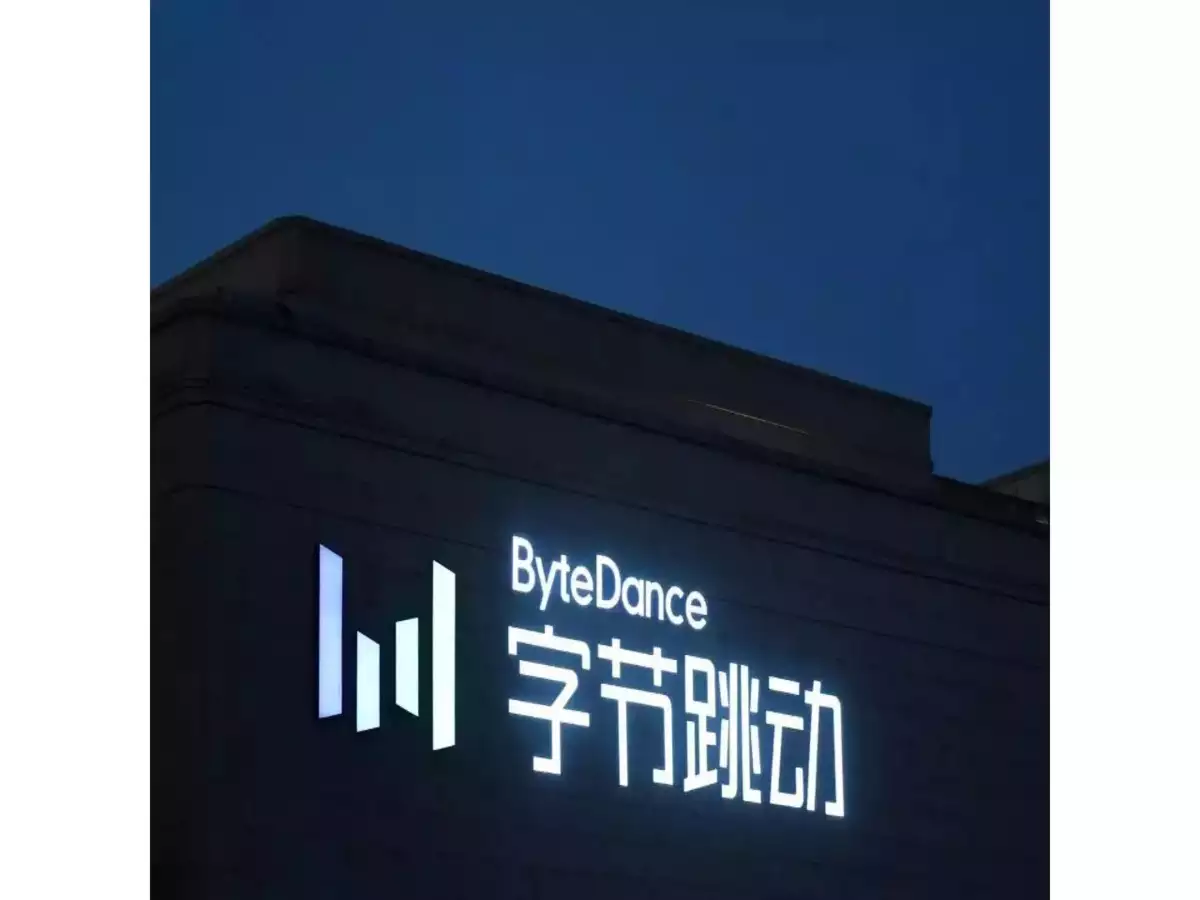ByteDance seeks $1.1 million damages from intern in AI breach case, report says
ByteDance, the parent company of TikTok, is seeking $1.1 million in damages from a former intern accused of breaching confidentiality agreements related to AI technology. The intern allegedly leaked proprietary information about ByteDance's AI algorithms and systems, which are critical to the company's competitive edge in the social media and content recommendation sectors. The breach reportedly involved sharing sensitive details with external parties, potentially compromising ByteDance's intellectual property and strategic initiatives.
The case underscores the importance of safeguarding AI innovations and the legal measures companies are willing to take to protect their technological assets. ByteDance's AI algorithms are central to its operations, driving personalized content delivery and user engagement on platforms like TikTok. The intern's actions could have significant implications for ByteDance's market position and operational security.
This incident highlights the broader challenges tech companies face in maintaining the confidentiality of their AI developments. As AI becomes increasingly integral to business strategies, the risk of internal breaches and the need for robust security protocols grow. ByteDance's legal response serves as a deterrent to potential future breaches and emphasizes the value placed on AI intellectual property.
The outcome of this case could set a precedent for how similar breaches are handled in the tech industry, particularly concerning AI-related information. Companies may need to reassess their internal security measures and employee agreements to prevent such incidents. The situation also raises questions about the ethical responsibilities of employees with access to sensitive AI data.
In conclusion, ByteDance's pursuit of damages from the intern reflects the critical role of AI in its business model and the lengths to which it will go to protect its technological advancements. The case is a reminder of the ongoing need for vigilance in safeguarding AI innovations against internal and external threats.


